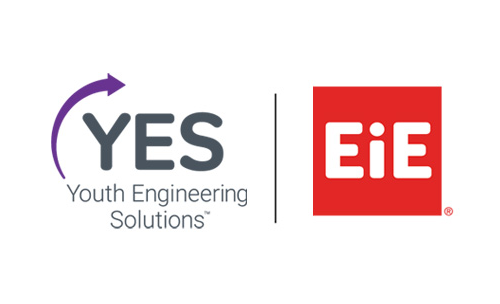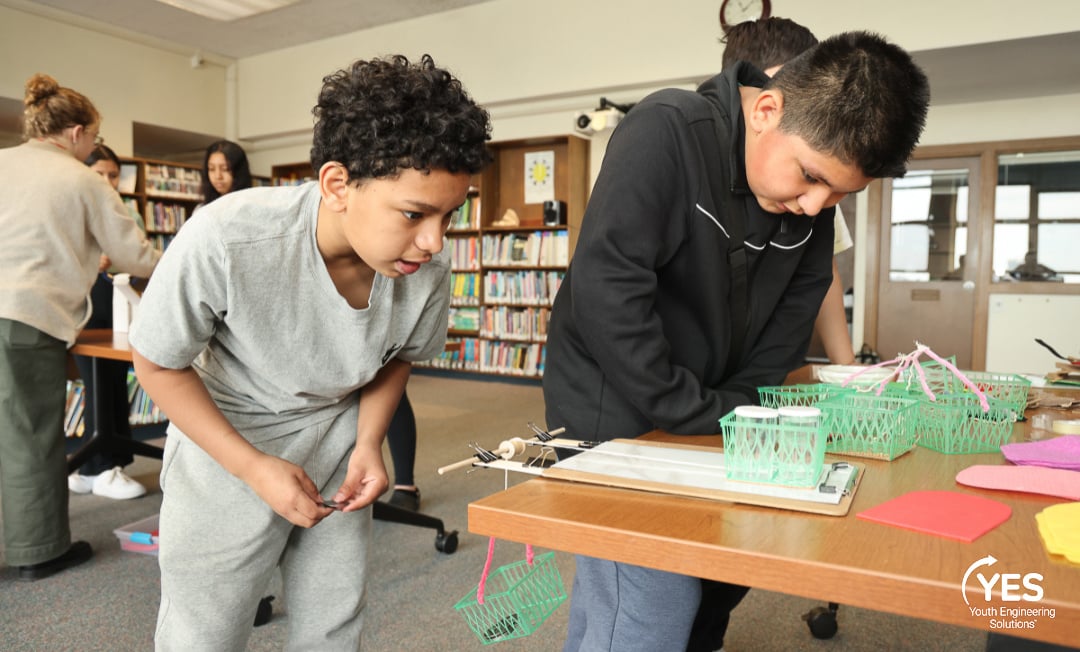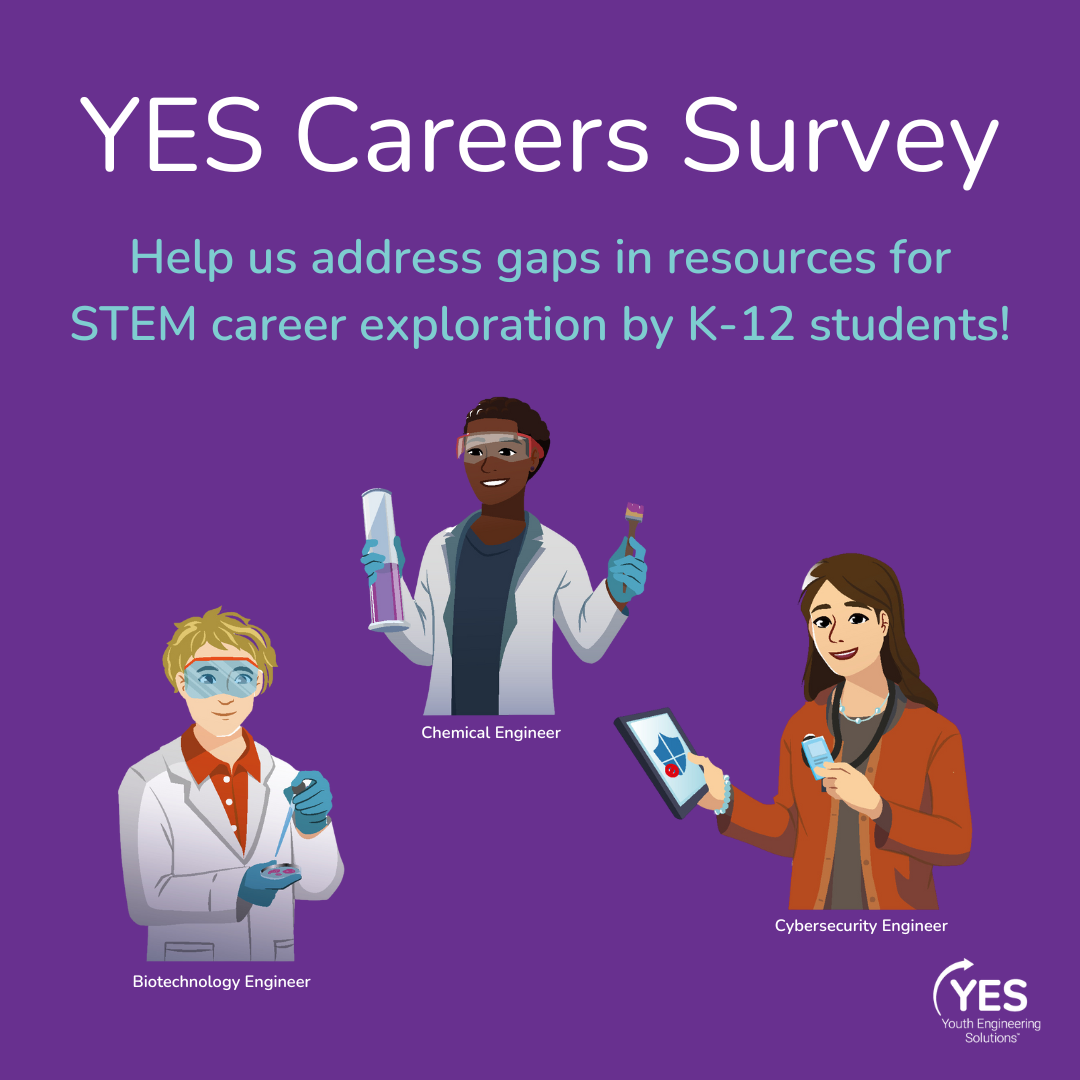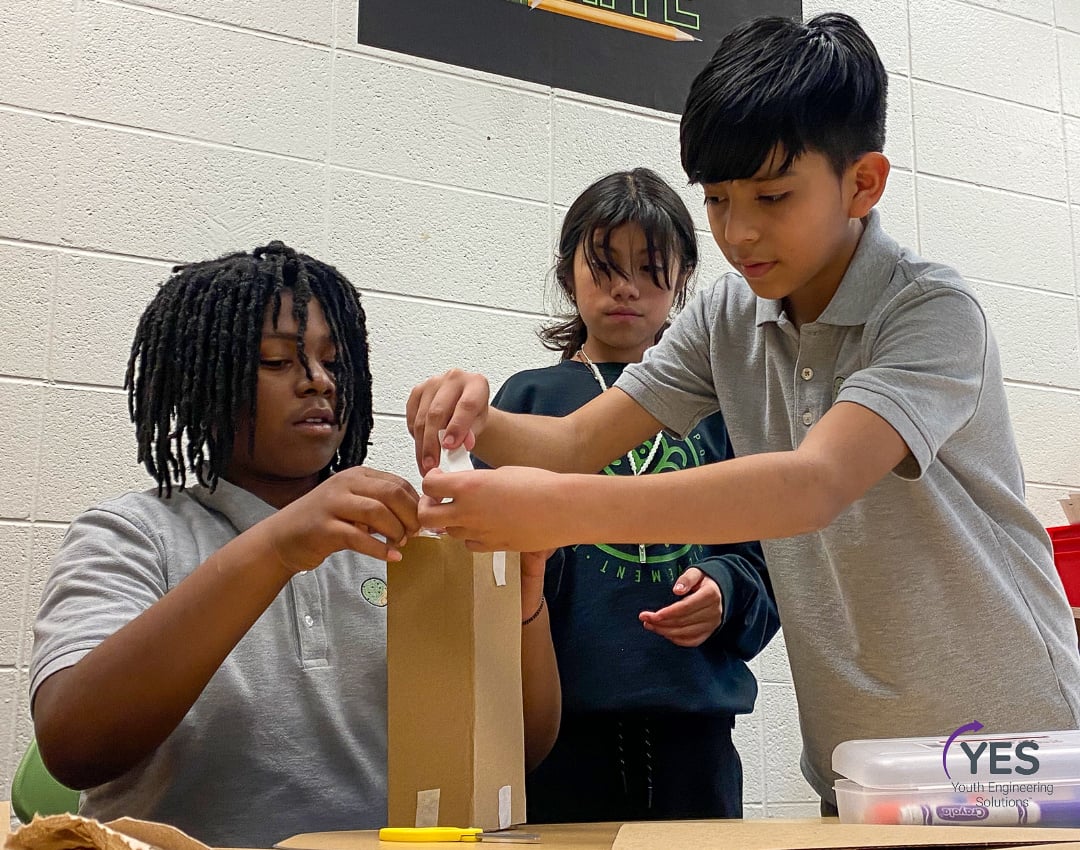In the 21st century, computer science has become an integral part of our lives and the lives of our youngest learners. Teaching essential computer science skills as early as kindergarten can prepare young learners for an increasingly technology-dependent future, including careers that haven’t been invented yet.
Computer science is especially well-suited for early childhood education as it offers a learning environment where young children can “play to learn while learning to play” (Resnick, 2003). Computers provide a platform where students can be creative and playful while simultaneously building lifelong learning habits and social-emotional learning skills such as persistence, collaboration, and innovation.
Computer science learning also has the potential to shape how students think and processes information – or their ‘computational thinking’ — by practicing logical problem-solving as well as decomposition, pattern-recognition, abstraction, and algorithms (BBC).
The problem-solving skills that students develop during computer science lessons are also beneficial for core subject learning like science, math, and language arts (Hayden, 2016).
Computers are becoming increasingly available to learners as young as kindergarten. How can we ensure that these powerful tools are not just used to entertain? Setting up learners to see a computer as a tool for learning and creating is a necessary foundation for success. Learners seeing themselves as problem-solvers is the next step!
For these reasons and more, we’re excited to announce a coming addition to our EiE for Kindergarten units, focusing on computer science skills going beyond simple coding. Designed to fit into typical kindergarten classroom structures and routines, our EiE for Kindergarten units align to kindergarten standards across computer science, math, ELA, and science.
Keep an eye out for more details soon about these units, in which children will be invited to practice 21st century skills in addition to important skills they are already developing in social, emotional, physical, cognitive, and language domains.








